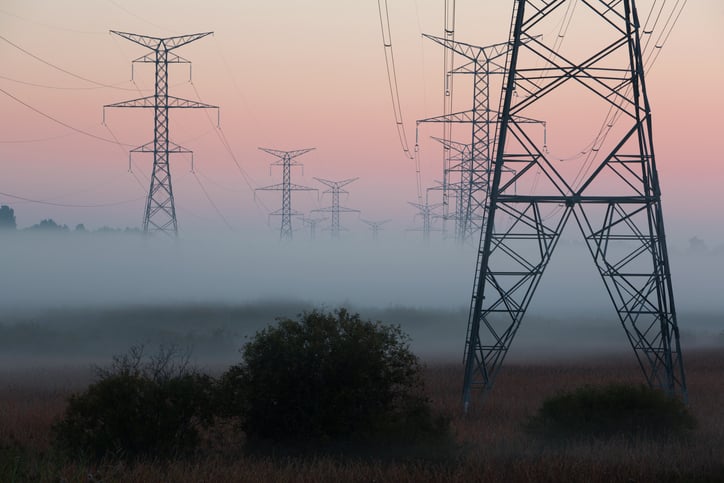General secretary of the Unite Union, Sharon Graham, has written to Ofgem’s chair, Martin Cave, and CEO, Jonathan Brearley, calling for stricter regulations to manage the “excessive profiteering” of distribution network operators (DNOs) ahead of the conclusion of RIIO-ED2 in December.
The Union’s research and investigative arm, ‘Unite investigates’, found that major energy generators, suppliers and distributors made profits of £15.8 billion last year alone.
The UK’s largest electricity distributor, UK Power Networks (UKPN), was used as a case study for DNO’s accumulating “massive undeserved profits”.
UKPN power 1-in-4 UK households in London and the South East. In the past four years, the company recorded profits of £2.4 billion, paying £800 billion in dividends to its shareholders in the same period.
This, the letter continued, has led to the energy bills in homes whose electricity is distributed by UKPN, were inflated due to “UKPN’s excessive profits.”
Research by the Think Tank, Common Wealth, found that the profit margins of DNOs – whose operating profit margins are expected to exceed 50% in 2022 – are higher than any other sector in the UK.
To help regulate these profits Unite have called for the stricter regulation of profits made by the DNOs than those currently in place in the draft determinations for RIIO-ED2. The current draft, Unite claimed, remains heavily dominated by energy companies, whilst the consumers impacted by these decisions may go unheard.
Unite suggested three urgent courses of action in the letter: i) revise the draft to include tighter control of the profits made by the DNOs, ii) re-open the public consultation on the draft determination, and iii) allow for a broader opinion to be heard on the process regulation process by opening a new series of public hearings.
The wholesale gas crisis has already been predicted to have added £4,400 to household energy bills by 2024.
UK Power Networks have made the following statement: “We are very conscious of the increased energy prices impacting customers. Wholesale energy prices are separate from the cost of operating the electricity networks. Our cost to the customer is on average £98 a year (2021/22), one of the lowest of any UK electricity distributor and falling as a percentage of the overall electricity bill by a proposed 15% in real terms over the period 2023-28.
Over the past 11 years we have invested over £6.4 billion in the networks, achieving better than 99% reliability, 93% customer satisfaction and were recently ranked number 1 company in the UK by the Institute for Customer Service.”
A spokesperson for Energy Networks Association, which represents the UK’s energy network operators said:
“The headline figures being suggested are fundamentally misleading. The most accurate way to determine profitability is the return on investment, this shows how much each pound of invested capital is rewarded. The network companies are allowed, by Ofgem, to earn around 5% on their investments and the figures being suggested do not reflect the costs associated with these essential investments”.
“The UK’s distribution networks are set to invest and spend more than £25bn over the five years from 2023. This expenditure and investment – alongside the 36,000 people employed by the sector – secures safe, sustainable, reliable networks to deliver the energy that communities need now and in a Net Zero future.”





